Our grandparents knew a thing or two about saving, storing, and re-using—and even though many Americans have lost that self-reliant spirit, it’s never too late to learn!
(Check out our list of how-to articles at the bottom of this post, with links)
Once upon a time, Americans were makers.
Instead of running to the store when their cupboards were empty, they’d cook, craft, and squeeze a second life out of many a household item. They had pressure cookers and root cellars. They were amateur chicken farmers and shoe-leather seamstresses.
HOW MAKERS BECAME A RARE BREED
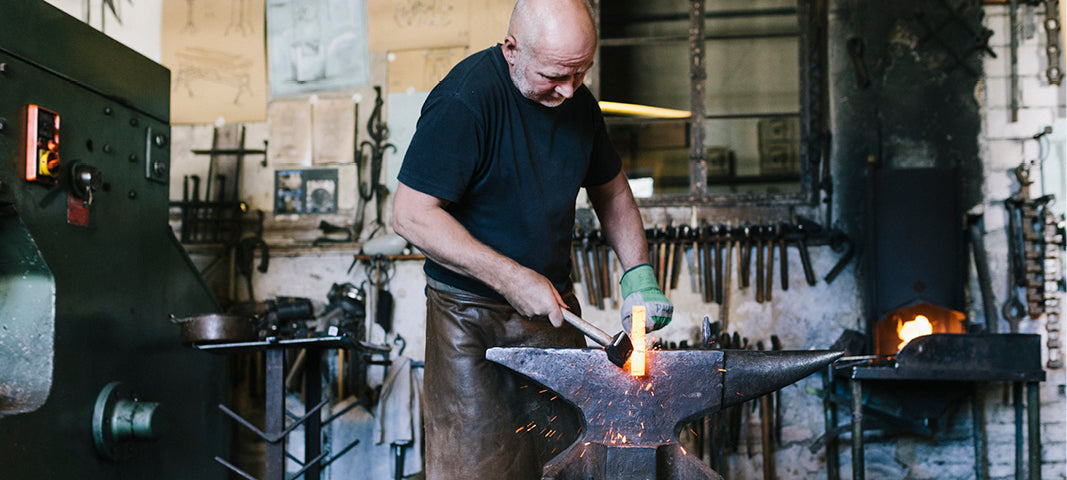
But things started changing. After World War Two, our grandparents came home to a very different country. A production boom during the war (powering Franklin D. Roosevelt’s “arsenal of democracy”) turned around the Great Depression economy. Federal programs put money in the pockets of young Americans who were eager to spend it.
As the economy grew, so did the product selection on store shelves and in catalogs. The host of items that people produced at home for generations—diapers, socks, soap, fruits, vegetables, and many more—could now be instantly purchased, and for cheap.
By the end of the 1950s, American “makers” were a rarer breed, replaced by the era of the “Radarange” microwave, the “TV dinner,” and a dishwasher in every home.
SELF-RELIANCE LOSING TO THE CULTURE OF “NOW”
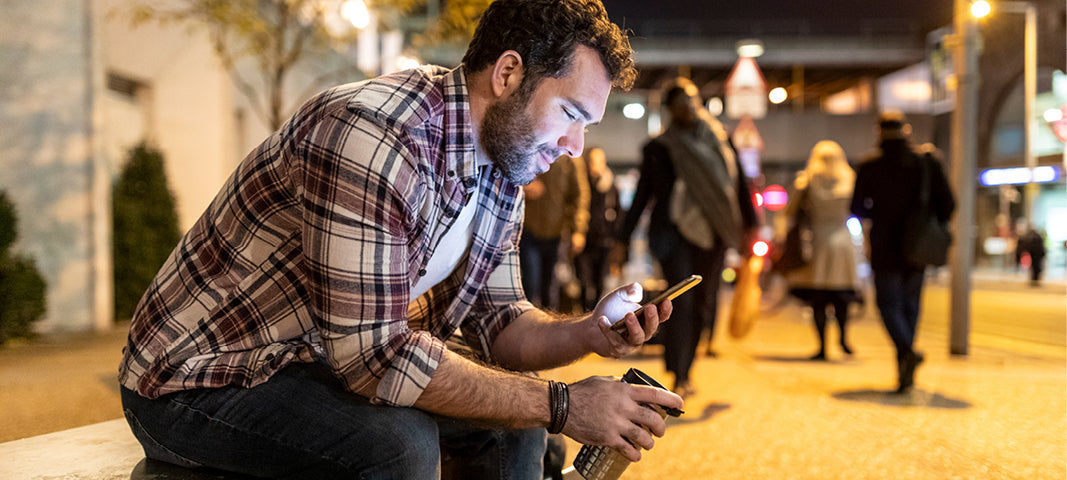
Today, the culture of self-reliance is more in jeopardy than ever. Every household item imaginable is available to buy in a dozen varieties. The average grocery store has 40 to 50 thousand items on their shelves—a more than a 600% increase since just the 1990s!
These blessings have come at cost.
When you can buy new rather than fix what you already have, there's little reason to learn many of the practical household skills that were second nature to our grandparents. Today, one in five millennials don’t know the difference between a Phillips and flat-head screwdriver. Only a little more than half of Americans can iron a shirt and only about one in 10 can tailor their own clothing.
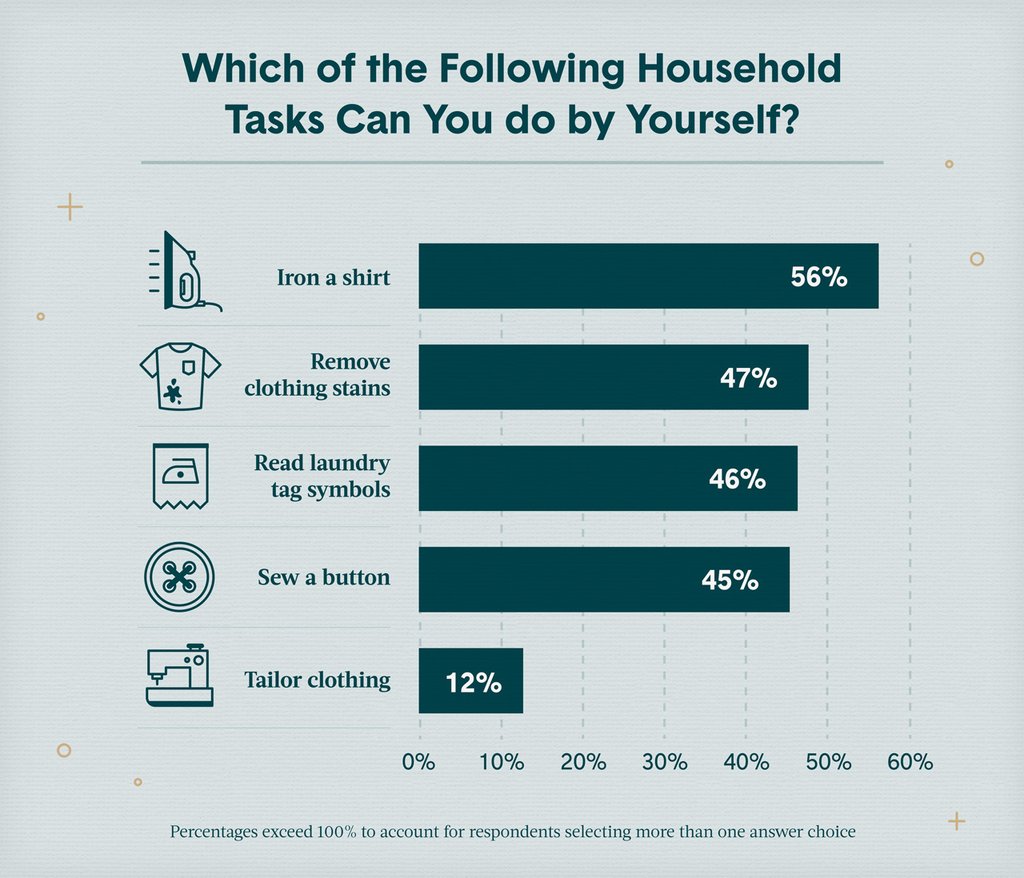
Source: Tommy Johns Blog
Self-sufficiency is being replaced by the ever-accelerating culture of “now.” The instant gratification that began with the microwave and the dishwasher has snowballed to create a world where you can buy groceries without ever leaving your couch.
And with the rise of the Internet and social media, people are able get not only products, but everything from sports scores to friendships delivered instantly.
It makes it difficult for those of us who are makers to pass that wealth of knowledge on to our children and grandchildren. And that’s a problem, because our lack of self-reliance can lead to needless suffering when times get tough.
OUR GRANDPARENTS ARE WONDERFUL MODELS OF SELF SUFFICIENCY AND PREPAREDNESS
Whether they were thinking about readiness or not, our grandparents were prepared by the nature of their lives. Their home-spun self sufficiency provides a great model for emergency preparedness today.
For example, if you remember seeing cupboards full of jarred fruits, vegetables, and preserves in your grandparents’ homes, you’re not alone. Gardening and canning provided a major source of food for many Americans throughout the middle of the twentieth century. In the early 1940s, there were more than 20 million gardens in America and billions of jars—about 30 for every person in the country.
Most of all, there was an energy around and the principle of self-sufficiency. As a popular guide put it: “[People] are now facing the most wonderful opportunity for service in aiding to produce and conserve food.”
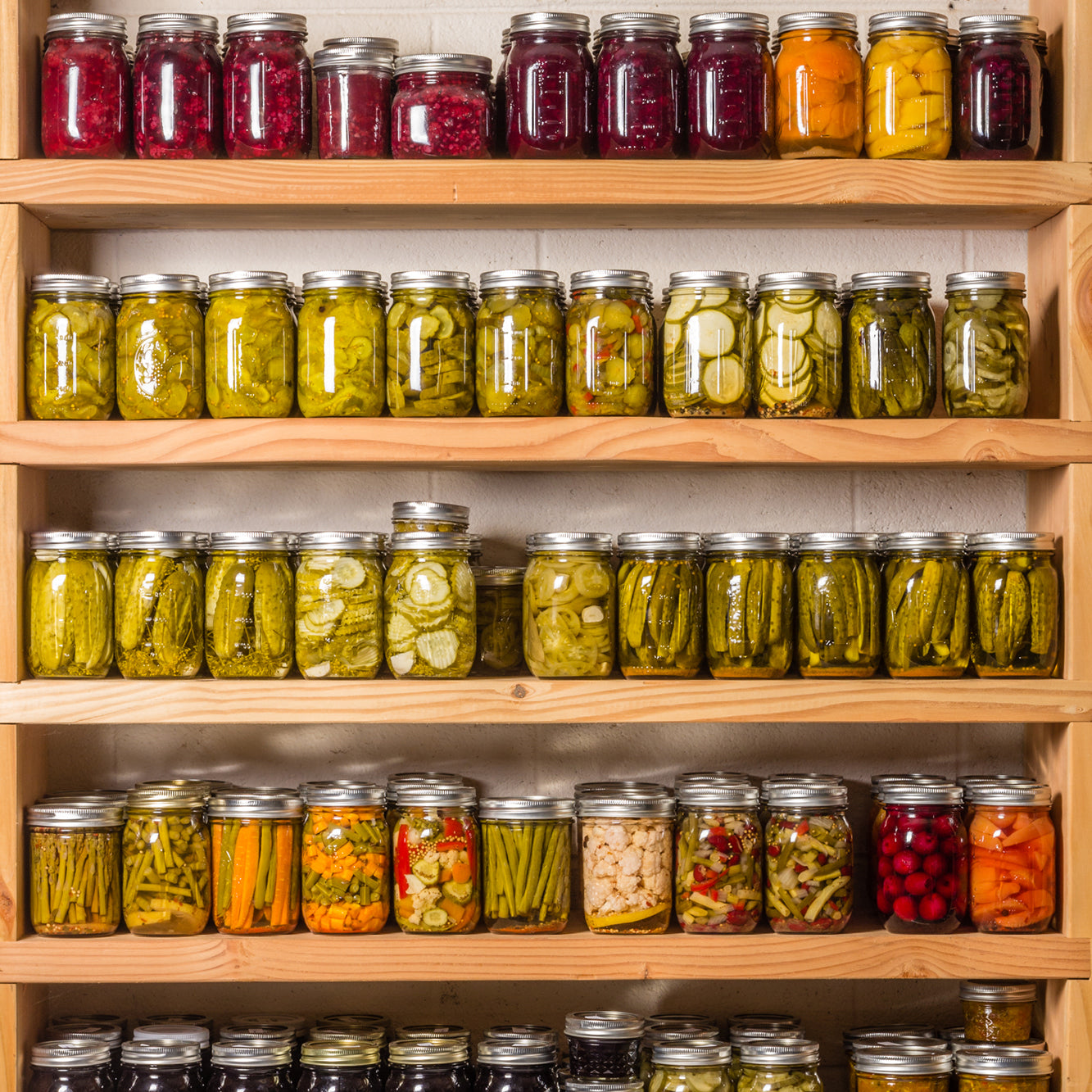
Imagine the peace of mind an entire wall of canned foods would bring during tough times. Or a garden. Or a chicken coop. Or a rifle and a smokehouse full of venison. Or, even without those resources, the knowledge that come what may, you were armed with the know-how to take care of yourself and your family.
This peace of mind might help account for the fact that people in our grandparents’ generation kept a remarkably positive attitude, even through the toughest of times.
Take the Great Depression, for example. During that period, where unemployment peaked at 24%, Americans showed an incredible resilience and optimism. Gallup polls at the time found that fully half of Americans expected general business conditions to improve over the next six months. 60% thought their opportunities for getting ahead were looking bright.
A DOZEN RESOURCES FOR A SELF-SUFFICIENT LIFESTYLE—DON’T FORGET TO SHARE!
For good or ill, the world has changed, and the way we prepare has changed with it. We are blessed to have access to incredible resources—survival food, water, and gear—that our grandparents could never have dreamed of.
And yet, there are many of lessons in self-sufficiency we can take from past generations. We can work to develop the skills that were second nature to them. We can incorporate old-school “making” into our lifestyles and stock our homes with the essentials our grandparents enjoyed.
Here are some good places to start (click the links for helpful how-to articles):
- Get in the mindset of producing over consuming
- Learn to bake bread
- Plant a garden
- Take up hunting and learn about how to rig snares and traps, and gun selection based on game
- Repair and hack home items on the fly
- Learn animal husbandry
- Get your house in order through thrifty living
- Take your indoor and outdoor cooking skills to the next level
- Start canning fruits, vegetables, and more
- Work on reliable, alternative communication networks like Ham radio
And maybe most important of all, work to pass these skills and the spirit of self-sufficiency on to our kids and grandkids.
Get started today! Pass this article along to the people you care about. And as always, stay ready and stay safe.

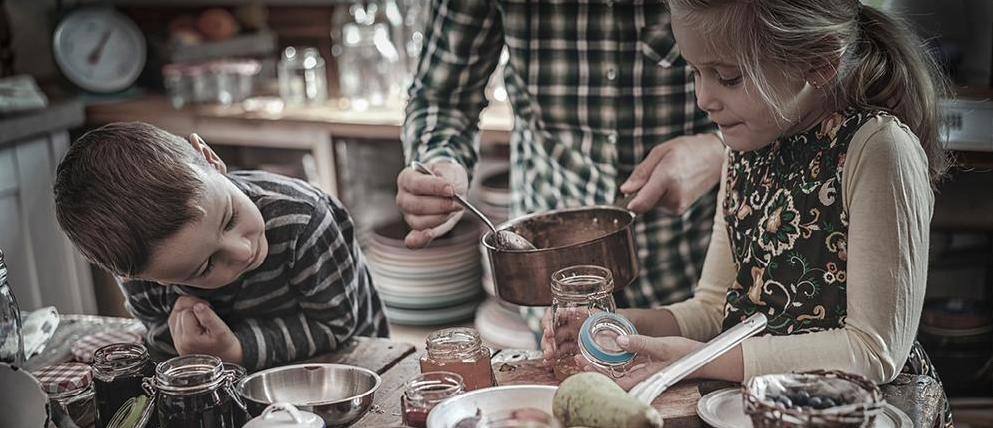
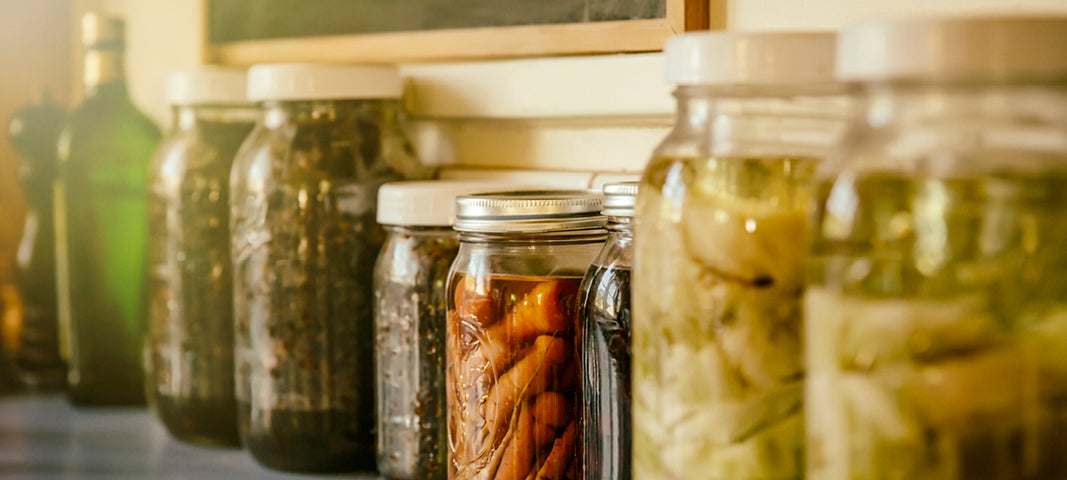
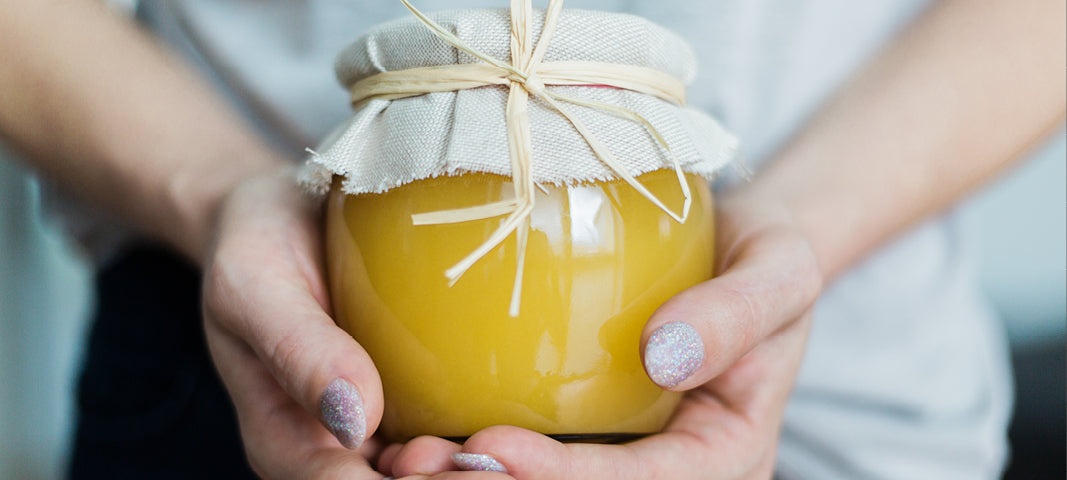

3 comments
John
Both of my parents grew up on farms in Canada during the Depression and my Father taught me how to sew! Between them, Boy Scouts and the USN, I consider myself very self sufficient. Sad that so many younger people cannot think for themselves, much less be self sufficient.
Carol A. Winans Cole
You know I can see all this. I grew up on a farm without electricity, running water, etc. We always had a garden. I have instilled in my children to have gardens, can, all the outdoors things. I am so glad that they have all learned to have self-reliance at this stage of the game. I can go to my maker and not have to worry about them not knowing how to do something that could help them survive. THANK YOU FOR PUBLISHING THIS ARTICLE.
Emily
This is so true. My grandmother taught me so many life skills the I still use, I’m 51. Younger people are growing up without those skill. I tell my kids that there is so much to do off electronics and they should be more active so when there isn’t that access they can still function. They can’t even fathom the idea.